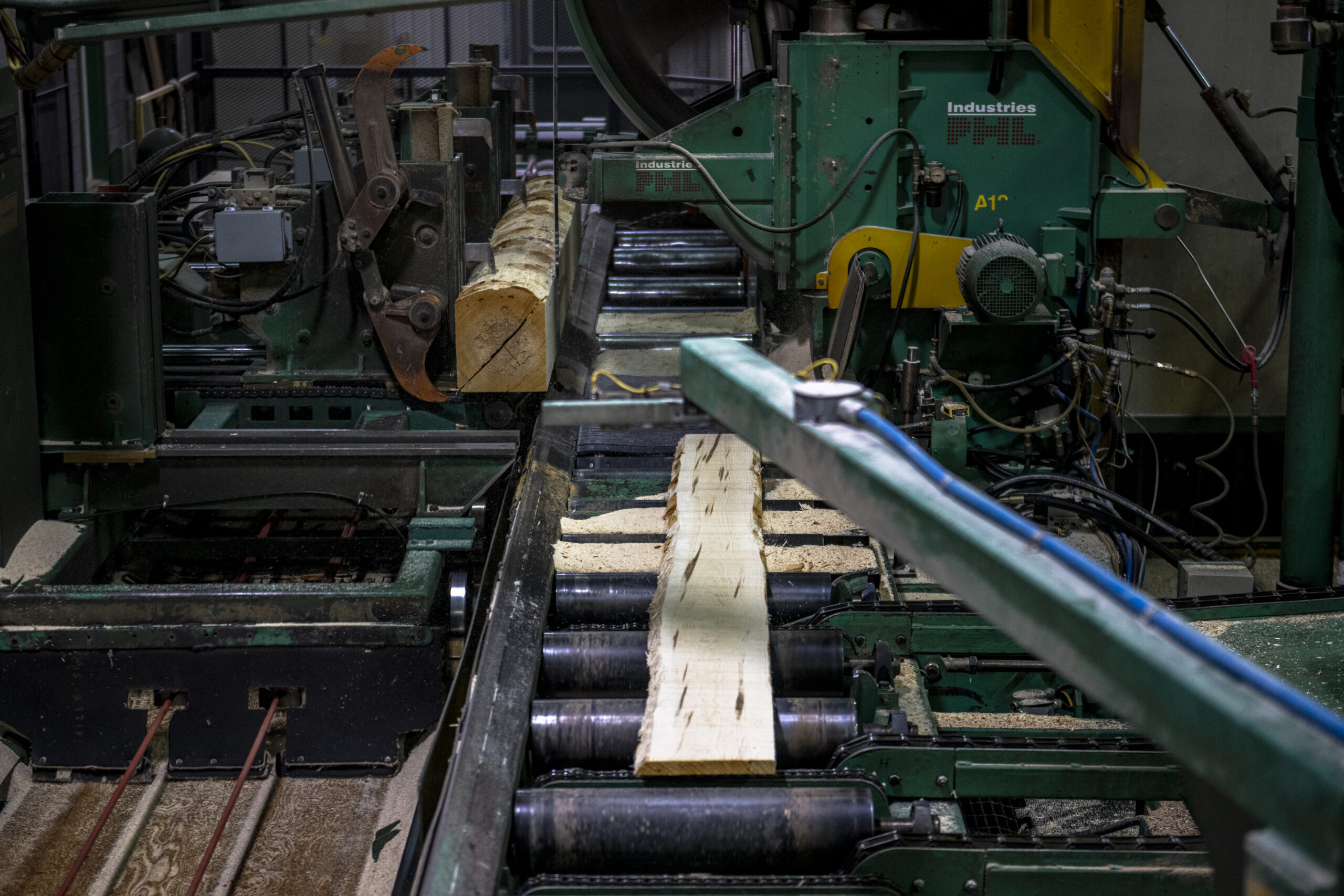
"But this Section 232 action is the best yet, as it gave American producers something even more; it hopefully will serve as a template for all future tariff actions. Tucked away near the end of the proclamation, in paragraph 17, the president directed the Department of Commerce to prepare a process for producers to request a switch from percentage-based duties, known formally as " ad valorem" tariffs, to equivalent specific or compound rates."
"What's the downside to ad valorem tariffs? They are assessed against whatever the importer claims they paid overseas. WTO customs rules define that price in ways that reward fraudsters. Under the WTO valuation regime, the primary basis is the importer's "transaction value," i.e., whatever they claim to have paid overseas. The vulnerabilities are obvious: (1) supplying fake invoices-how will Customs ever know? (2) transfer-pricing tricks that depress the declared value when the overseas entity and the U.S.-based importer are related;"
President Donald Trump signed a Section 232 proclamation imposing tariffs on wood and wood products. The tariffs apply globally and benefit domestic producers. The proclamation directs the Department of Commerce to allow producers to request switching from ad valorem to specific or compound rates. Ad valorem duties rely on importers' declared transaction value, creating vulnerabilities such as fake invoices, transfer-pricing manipulation, and effects of foreign currency depreciation. The switch to specific or compound rates would reduce opportunities for under-declaration, counter transshipment fraud, and strengthen enforcement of tariff obligations.
Read at The American Conservative
Unable to calculate read time
Collection
[
|
...
]